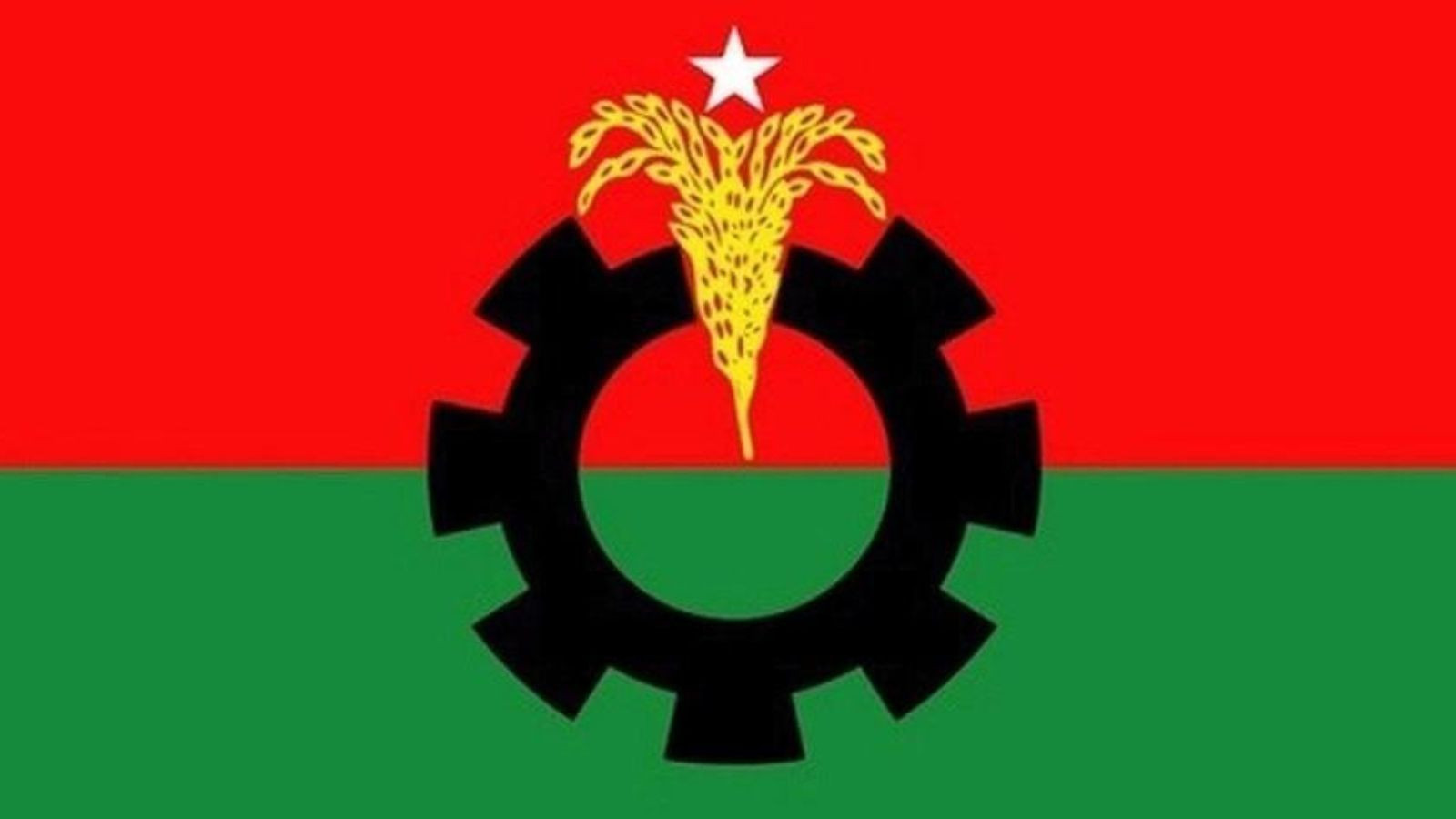MEETING WITH CONSENSUS COMMISSION
BNP backs 25 constitutional reform proposals, partially agrees on another 25
Nazrul described reform as an “ongoing, inevitable process,” and urged all sides not to let the pursuit of perfection delay progress.
Daily Sun Report, Dhaka
Published: 18 Apr 2025

The BNP on Thursday conveyed its formal position to the National Consensus Commission, expressing full agreement with 25 constitutional reform proposals and partial agreement with 25 others during a day-long meeting in Dhaka.
The meeting was part of the Consensus Commission’s ongoing dialogue with political parties to build consensus around a national reform charter. Held at the LD Hall of the Jatiya Sangsad, the session began at 10:35am and continued until 4:45pm, with Consensus Commission Vice-Chairman Prof Ali Riaz chairing the discussion.
A five-member BNP delegation took part in the discussions. It included Standing Committee members Nazrul Islam Khan and Salahuddin Ahmed; Ismail Jabiullah, a member of the BNP Chairperson's Advisory Council; former Establishment Secretary Abu Mohammad Moniruzzaman; and Barrister Ruhul Quddus Kajal, former General Secretary of the Supreme Court Bar Association.

From the Commission’s side, members Safar Raj Hossain, Justice Emadul Haque, Badiul Alam Majumdar and Dr Iftekharuzzaman were present. The session was moderated by Monir Haider, special assistant to the chief adviser.
Speaking at the beginning of the talks, Nazrul Islam Khan emphasised that reform has always been at the core of BNP’s political philosophy.
“BNP is not anti-reform – it’s a reform-oriented political party,” he said, stressing the various initiatives taken by past BNP governments to bring change. “We told the chief adviser just yesterday that no other political party in Bangladesh has carried out as many reforms as we have.”
Nazrul described reform as an “ongoing, inevitable process,” and urged all sides not to let the pursuit of perfection delay progress.
“We all want to do good. But we shouldn’t spend so much time trying to get everything perfect that we lose the momentum for change. Yes, we want to do what’s right – and that journey will always continue.”
He pointed to the party’s 31-point reform agenda as evidence of BNP’s commitment to structural change, saying even if the Consensus Commission fails to produce a consensus charter, the BNP already has its own roadmap.
“We were the first to bring forward the concept of state reformation,” Nazrul added, referring to party Chairperson Khaleda Zia’s unveiling of “Vision 2030”.
“That vision laid the groundwork, and later we introduced a 31-point agenda after consulting with other parties.”
“We’ve discussed these issues with all major political parties. If someone comes up with a better proposal, we’re ready to consider it. So even if there’s no charter from the National Consensus Commission, there’s already a charter from BNP — a charter of reforms. We are absolutely in favour of reform.”
Since launching its formal dialogue process on 20 March, the National Consensus Commission has met with 11 political parties. The discussions aim to finalise proposals collected from five separate reform commissions covering the Constitution, public administration, electoral system, judiciary, and anti-corruption efforts.
In his opening remarks, Professor Ali Riaz said the Commission’s objective is to lay the foundation for a democratic system that can endure.
“Our goal is to develop a national charter to institutionalise democracy in Bangladesh,” he said. “Time and again, our democratic system has stumbled and been overtaken by personality-driven authoritarianism. But democratic forces – led significantly by the BNP – have consistently pushed back. Now we need to give that struggle a permanent institutional form.”
Speaking to reporters during a break in the session, BNP Standing Committee member Salahuddin Ahmed reiterated the party’s willingness to reach an agreement on core constitutional issues.
“BNP is serious about reforms. That’s why we’re taking part in these discussions and trying to reach a consensus,” he said.
However, he criticised the format in which the commission had shared its summary of party positions, calling it “misleading” and potentially damaging.
“The spreadsheet created confusion and misled the public about our stance. These are complex issues that can’t be captured with simple yes-or-no responses – we are going through each point carefully,” Salahuddin said.
He clarified that the full report of the Constitutional Reform Commission includes 131 proposals, whereas the spreadsheet shared by the Consensus Commission covered only 70. “We’re engaging in the discussion point by point,” he said.
Salahuddin confirmed that the BNP agrees with 25 of the proposals, partially agrees with another 25, and has disagreements on the remaining ones.
He added that the party would conduct detailed deliberations on every part of the Constitution – from the preamble to the fundamental principles of state policy.
On the issue of judicial reform, he said the BNP’s recommendations had been misrepresented in the summaries, especially those related to the judicial appointment process.
“There are 150 individual points on judicial reform in the detailed report. We’ve given feedback on 89 of them, and in most of the rest, we either agreed outright or agreed with comments. Our stance has been oversimplified,” he said.
“We support reform – but it must be done within the constitutional framework,” Salahuddin added.
He also confirmed that the next round of talks between the BNP and the Consensus Commission will be held on Sunday, where the remaining issues will be discussed.
The Consensus Commission was established on 15 February 2025 under the leadership of Prof Yunus. Its initial task has been to consolidate reform proposals from five key commissions and facilitate political consensus around them.
The commission aims to complete the first round of talks with political parties by early May, begin a second phase later that month, and reach a national consensus by mid-July.

